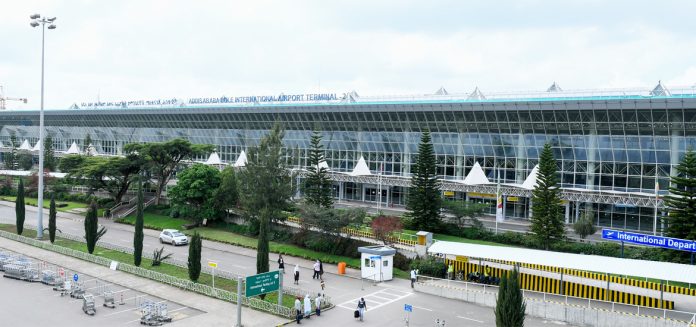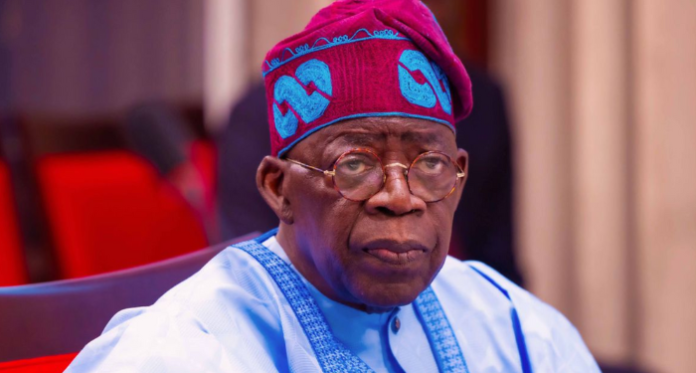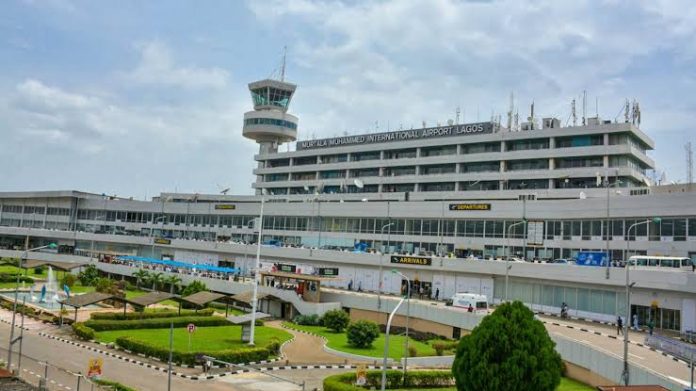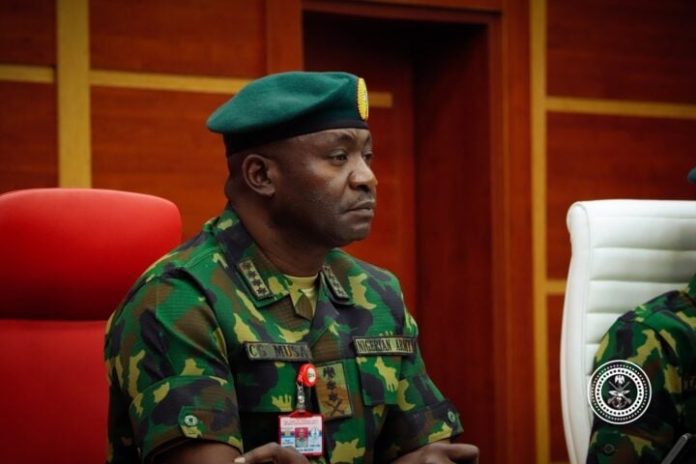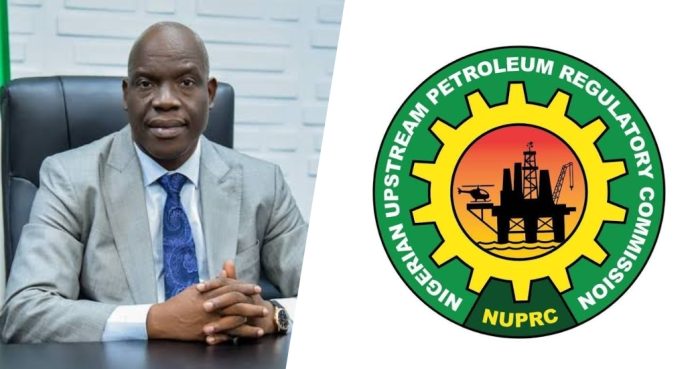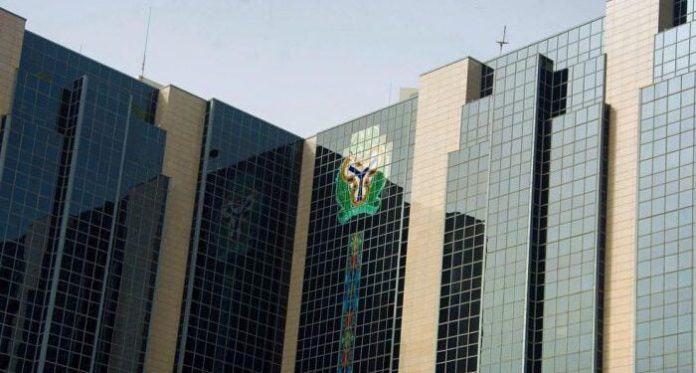The Chartered Institute of Project Managers of Nigeria (CIPMN) has raised alarm over the increasing financial waste associated with poorly executed projects that require corrective work after commissioning.
Delivering the keynote address at the CIPMN 2025 Annual Conference and 6th Induction Ceremony on Tuesday, themed “Regulating Project Management in Nigeria: Policy Dialogue”, the Registrar-General of the institute, Henry Mbadiwe, described the trend as a significant drain on public resources and a threat to national development planning.
Citing a World Bank report, Mbadiwe revealed that an estimated $4 billion is lost globally every year on corrective works for projects that were supposedly completed, commissioned, and paid for. He called the figure “ridiculous and unacceptable,” attributing the waste to weak regulatory oversight and the use of unlicensed personnel in project execution.
“The project management profession in Nigeria is still evolving and has not yet received the recognition it deserves,” Mbadiwe said. “You cannot manage or lead a project in Nigeria without being licensed by this institute. Reports indicate that abandoned projects in the country are valued at N17 trillion, while globally, $4 billion is wasted annually on correcting errors in commissioned projects.”
The PUNCH reports that project failures necessitating post-commissioning reconstruction are not new in Nigeria. Numerous projects have required emergency fixes or complete redesigns shortly after completion due to structural defects, substandard materials, or non-compliance with specifications, leading to inflated costs and operational disruptions.
A notable example is the recent announcement by the Federal Airports Authority of Nigeria (FAAN) to commence reconstruction works at Murtala Muhammed International Airport (MMIA), Lagos, a few years after its earlier rehabilitation. On August 1, the Federal Executive Council approved over N900 billion for aviation projects, including the rehabilitation of MMIA’s Terminal One. The Minister of Aviation and Aerospace Development, Festus Keyamo, defended the project, citing the urgent need to replace aging infrastructure, expand capacity, and meet global standards.
Mbadiwe emphasised that such corrective expenditures reflect the urgent need for uniform project management standards in Nigeria. He warned that under the new law, managing any project—public or private—without a valid CIPMN licence is now a criminal offence.
“Some organisations attempt to bypass the law by claiming they have no designated project manager. This is incorrect,” Mbadiwe said. “The law is clear: you cannot lead, manage, or work on any project without appropriate experience and licensing from CIPMN. Our enforcement team will soon begin site visits to ensure compliance, and this includes foreign-trained professionals who must also be licensed locally.”
Speaking at the event, the Permanent Secretary of the Federal Ministry of Special Duties and Inter-Governmental Affairs, Onwusoro Maduka, described standardised project management as a “national governance necessity.” He highlighted that poor coordination across the three tiers of government has led to delays, cost overruns, duplication, political interference, and project abandonment.
Maduka called for the adoption of a National Project Management Framework enforceable at all government levels. His recommendations include mandatory licensing and induction for all project officers, annual recertification, state and local government training rollouts, standardised monitoring templates with digital reporting tools, and annual compliance audits with sanctions for non-adherence.
He concluded that uniform regulation would reduce financial leakages, eliminate arbitrary cost variations, improve transparency, and foster intergovernmental collaboration, thereby strengthening Nigeria’s development outcomes and alignment with the National Development Plan 2021–2025 and the Sustainable Development Goals.











